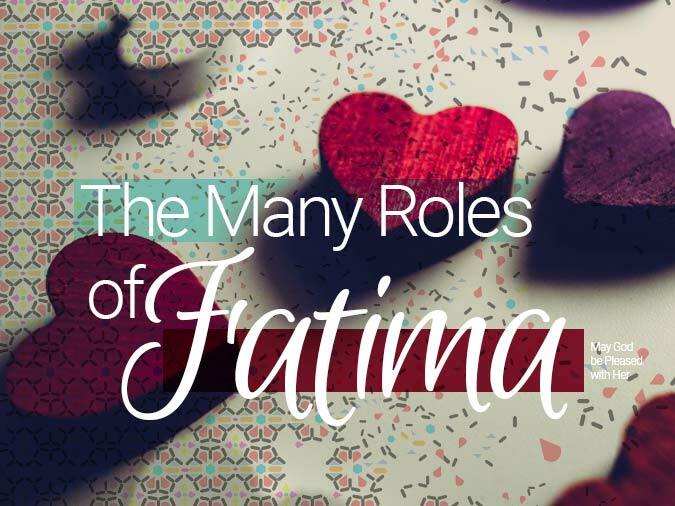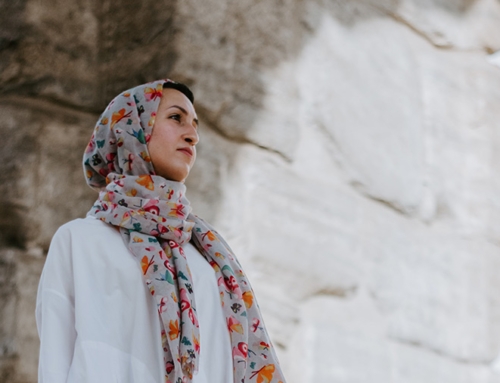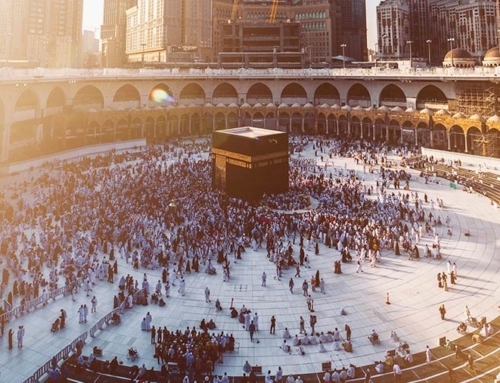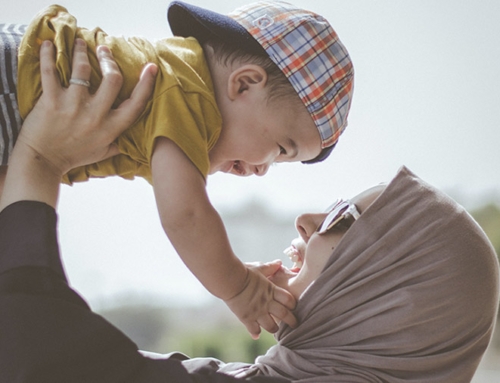By: Habeeba Husain
Fatima: A Role Model for Women Who Want to Lead Full Lives
The role of women is regularly debated in our societies. Should she work? What about the kids? But what about the career she worked so hard for? It seems like a woman can never win. If she chooses to work and allow the children (if she even has any) to enroll in a daycare or stay with a sitter, she is neglecting her family. If she chooses to be a stay-at-home mother or wife, she is wasting away her education. I thought the point was to have women lead the lives they wish and do what works best for them?
With this point in mind, it is clear women wear many hats and fill multiple roles. Taking a look at the life of Fatima, the daughter of the Prophet Muhammad (may the blessings and peace of God be upon him) we see these multiple roles in full swing.
Fatima: The Daughter of the Prophet Who Cared for Him Through Thick and Thin
Fatima was only five-years-old when her father began receiving the revelation from God. At an early age, she witnessed her father be the target of horrible abuse and harassment from those who opposed him. On one occasion, she accompanied him to the Kaba in Makkah, where he began to pray. While he was prostrating with his forehead on the ground, some of his enemies placed the disgusting inners and guts of a dead camel on his back. This weighed him down so much that he was unable to get up from the prostration. Fatima, a young girl not even ten years of age, saw these men hurt her father. She hurriedly removed the filth off her father’s back while shedding tears at this merciless act.
After the death of her mother Khadija, Fatima took on a greater role of caring for her father who was enduring a very difficult pain and sadness. She was called Umm Abeeha, the Mother of her Father because she looked after and cared so deeply for the Prophet (may the blessings and peace of God be upon him).
Fatima: The Generous Daughter of the Prophet Who Cared for the Needy
Even after she left her father’s home to live with her new husband Ali, she would send food to the Prophet (may the blessings and peace of God be upon him) although she often did not have enough for herself. Her father did the same for her. Fatima cared for the needy as well, giving them food when she was already suffering from hunger. She often cooked for the soldiers and battle and helped to boost morale. She inherited the great generosity of the Prophet (may the blessings and peace of God be upon him) as well as his eloquence, as she often moved people to tears when she spoke. Aishah, the wife of Muhammad, said about the father and daughter’s likeness:
“I have not seen any one of God’s creation resemble the Messenger of God (may the blessings and peace of God be upon him) more in speech, conversation, and manner of sitting than Fatima, may God be pleased with her. When the Prophet (may the blessings and peace of God be upon him) saw her approaching he would welcome her, stand up and kiss her, take her by the hand and sit her down in the place where he was sitting.” (Al-Adab Al-Mufrad)
Fatima: The Daughter of the Prophet Who Was Taught the Power of Dhikr
Although the Prophet (may the blessings and peace of God be upon him) adored his daughter greatly, he made sure not to spoil her. She in return, was saved from feelings of entitlement. On one occasion after her marriage, she told her husband Ali how blistered her hands became from her work. He suggested to ask the Prophet (may the blessings and peace of God be upon him) for a servant to help around the home. At first, she could not make herself ask for such a favor from her beloved father. The couple went a second time to the Prophet (may the blessings and peace of God be upon him), but he said he could not fulfill this request. Instead, he gave them advice he found much more beneficial than a servant. Ali narrated:
“Fatima came to the Prophet (may the blessings and peace of God be upon him) asking for a servant. He said, ‘May I inform you of something better than that? When you go to bed, recite Subhan Allah (Glory be to God) thirty three times, Al hamdulillah (All Praises are due to God) thirty three times, and Allahu Akbar (God is the Greatest) thirty four times.’” Ali added, “I have never failed to recite it ever since.” (Bukhari)
Fatima: A Woman of Faith, Radiance, and Leadership
Instead of becoming upset at not receiving help, Fatima was happy because she knew this advice was better for her. She is known as one of the four women who had perfect faith, and she was also called Az-Zahra, the Splendid One because her face was so radiant like her father’s that was often compared to the full moon. She is considered the leader of the women in Paradise, and she was at her father’s side even in his final moments on this earth. Aishah narrated:
“The Prophet (may the blessings and peace of God be upon him) in his fatal illness, called his daughter Fatima and told her a secret because of which she started weeping. Then he called her and told her another secret, and she started laughing. When I asked her about that, she replied, ‘The Prophet (may the blessings and peace of God be upon him) told me that he would die in his fatal illness, and so I wept, but then he secretly told me that from amongst his family, I would be the first to join him, and so I laughed.’” (Bukhari)
Fatima: The Daughter of the Prophet Who Passed Away in Modesty
Only four to six months after the death of the Prophet (may the blessings and peace of God be upon him), Fatima also passed away. She requested for her burial to take place at night so the people would not see her figure. Even in the face of death, this woman with perfect faith ensured she remained modest. She was not sad upon departing from this world; instead she anticipated soon being with her father once again.
The Life and Legacy of Fatima, a Woman of Strength and Compassion
Fatima’s caring nature for her father lasted her entire lifetime. From when she was just a child going to secret gatherings of the Muslims until her own death, she cared deeply for him. She was a hardworking wife, who looked after the home, her husband, and her four children. With a plate already full, she still made time to assist the larger Muslim community, taking care of the needs of the people as much as she could. On top of this, she stayed dedicated to her faith worshiping God and following His mandates. Hundreds of years before our present-day debate on the role of women, we see how Fatima took on many—and all of them exceptionally well.
Sources:
[1] The Companions of the Prophet by AbdulWahid Hamid
[2] https://www.youtube.com/watch?v=oXi0xqfiBfk
Got Questions?
We have Answers. Get in touch now.








